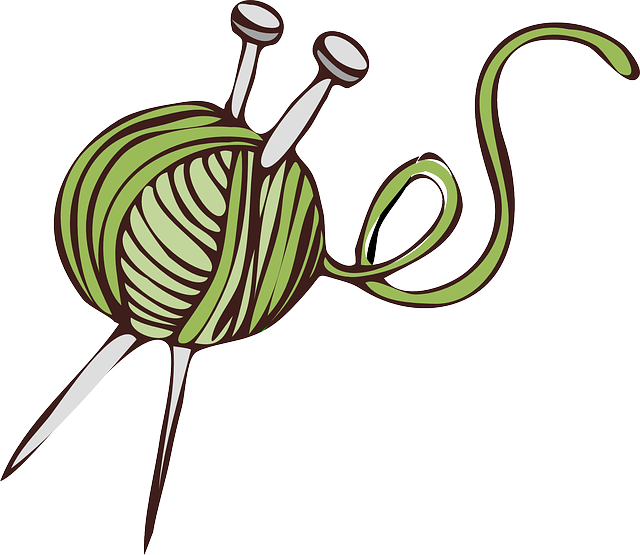Welcome, yarn enthusiasts! Today, we're diving into the vibrant world of color theory and how it can transform your knitting and crocheting projects. Understanding color relationships can elevate your creations from good to extraordinary. Let's explore how to use the color wheel to your advantage and create stunning, harmonious designs.
The Basics of Color Theory
At the heart of color theory is the color wheel. This tool helps us understand how colors relate to each other and how to combine them effectively. The primary colors—red, blue, and yellow—form the foundation, while secondary and tertiary colors offer endless possibilities for creativity.
Complementary Colors: Bold and Beautiful
Complementary colors sit opposite each other on the color wheel. Think blue and orange, or purple and yellow. Using these pairings in your projects creates high contrast and visual excitement. Try a cozy blue blanket with orange accents for a striking effect!
Analogous Colors: Subtle and Soothing
Analogous colors are neighbors on the color wheel, such as blue, blue-green, and green. These combinations create a harmonious, calming effect. Perfect for a serene baby blanket or a relaxing throw pillow.
**Triadic Colors
